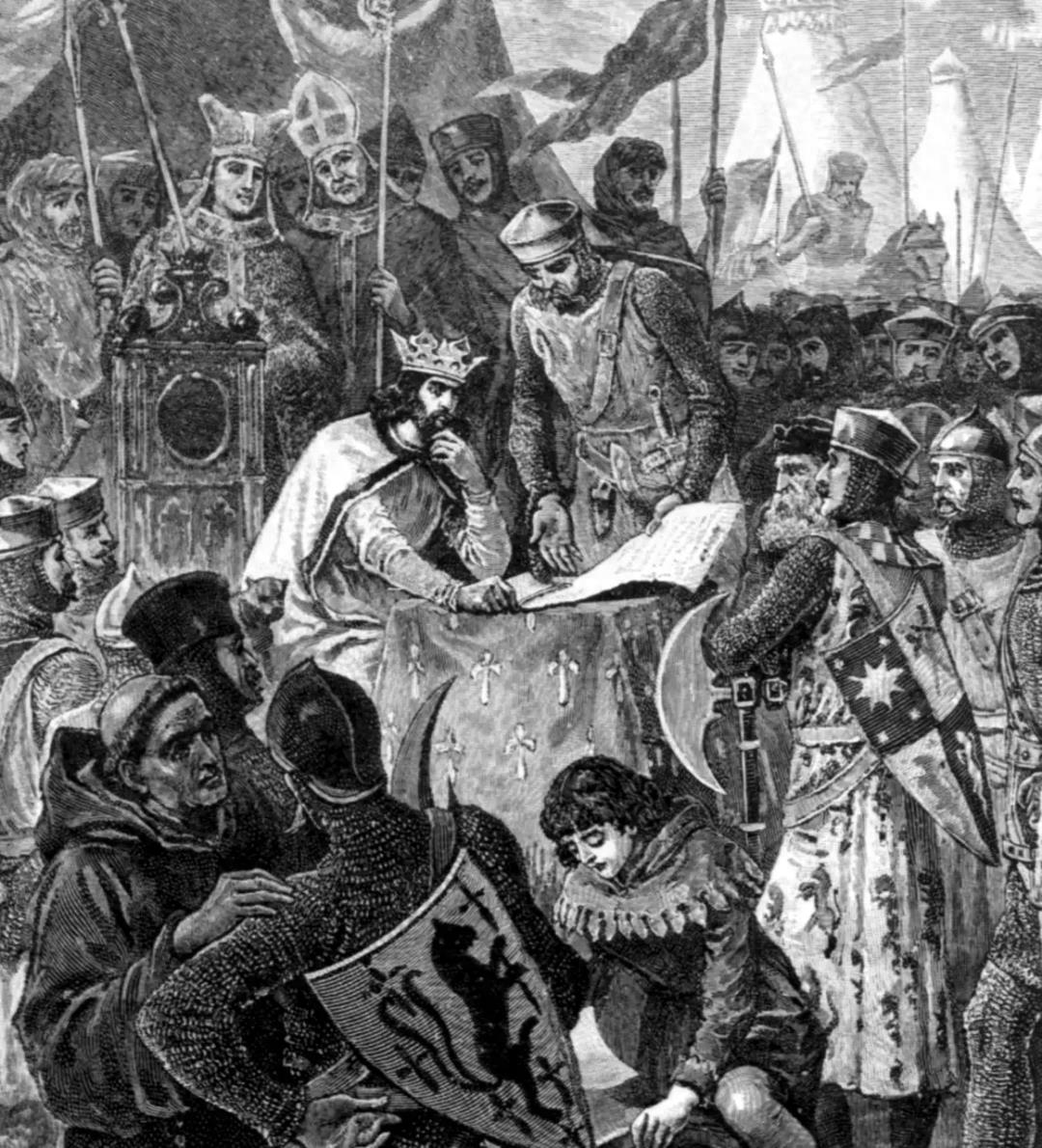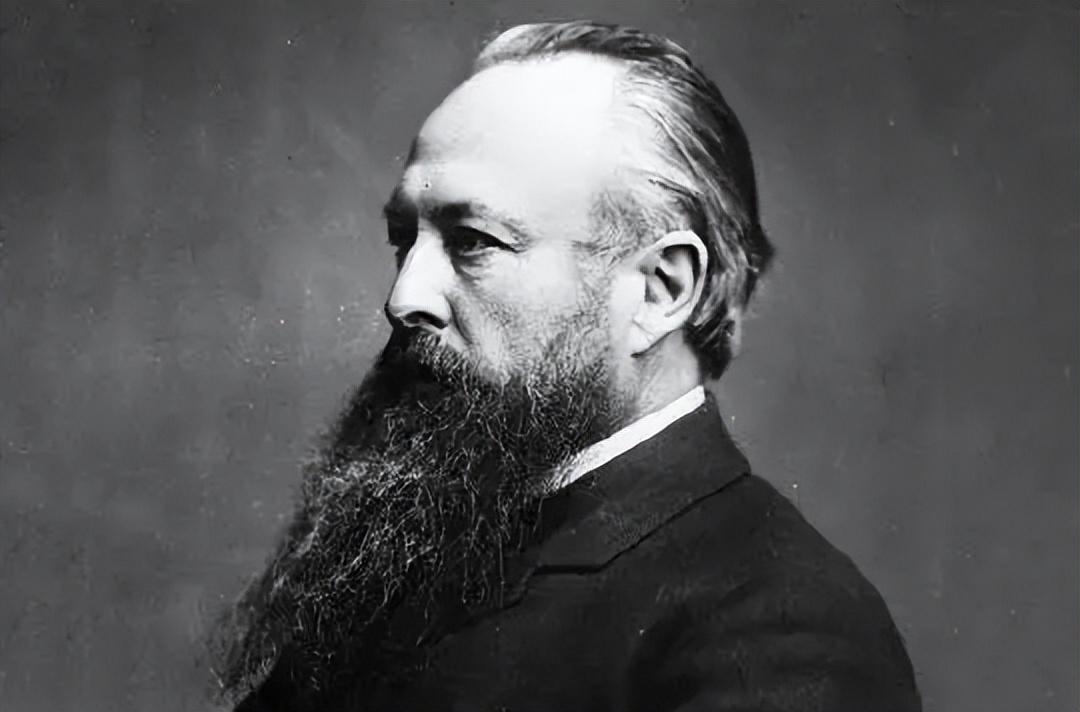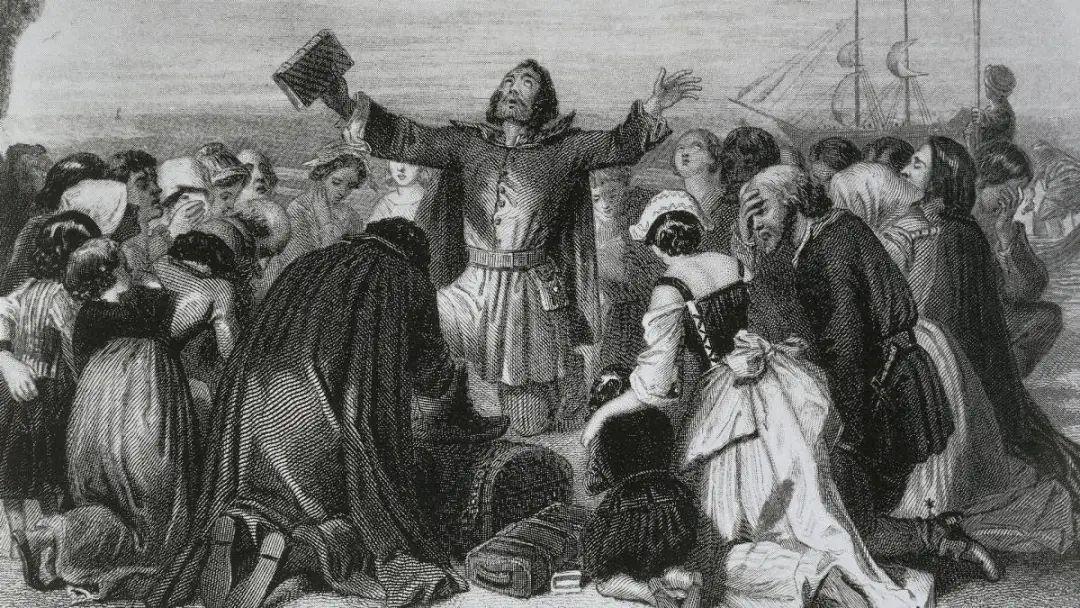Understanding the Four Realms of History

History is an evil teacher who only tells the truth to free people.
-Lord acton
For some countries or nations, history may be a fetter and a burden, but if you want to liberate from history, the safest and most reliable means is to recognize history.How a country’s citizens know about history determines what kind of future this country will have to a certain extent.Therefore, a correct understanding of history is extremely important for us at present.
Hegel said, "The only lesson that human beings have learned from history is that they have not learned any lessons from history". The reason for this is precisely because human beings have all kinds of wrong understandings of history. However, a historian, with his vigilance and insight, corrected the wrong cognitive model of history and helped us learn wisdom from history and enhance our realm. He is Lord acton.

From Lord acton’s works such as Freedom and Power and Lectures on Modern History, The Prophet Bookstore summarized the following four ideological paths of understanding history, each of which is a historical thinking that goes straight to the bottom:
1. History lies not in abundance, but in truth.
In human history, there are many false histories, the most typical of which is the "history" from the hands of autocratic monarchs. In order to maintain their own orthodoxy, they always delete historical materials and monopolize history. If we want to break away from the domination of power in the vast "history" where fakes are everywhere, we must have the knowledge and courage to find the truth.
Acton believes that the value of history lies not in its richness, but in its credibility. No matter how much false history is piled up, it is equivalent to garbage. It is better not to have it. Only in reliable historical facts can human beings learn real lessons.
2. Meaning is not in the present, but in eternity.
People usually think that the main significance of history is to provide lessons for the present. This is not wrong, but if it is only so, it will be a bit narrow. Because "the present" is always full of disputes and agitation, and the sacred and just beliefs should be detached from it and need to be formed in a quiet space.
Acton said, "Beyond credibility, it is a question of detachment". The key point of historical significance lies in "grasping the eternal problems, so that we are free from limiting the transient and changeable things". Reading history lies in thinking about the origin and root of things, thus gaining a transcendental wisdom.

3. Truth is important, but morality is more important.
In the face of history, if we only pay attention to the truth, it is often easy to draw wrong conclusions. For example, ancient aristocratic rule had many disadvantages, which is a fact, but it does not lead to the conclusion that civilian rule is better. As acton said, "The question is not which specific class is not suitable for ruling, but all classes are not suitable for ruling". Without the universal morality of mankind as a whole, any rule is dangerous.
Acton believes that "ideas are often repeated, rules of conduct are often changed, and creeds also rise and fall, but moral laws are engraved on the eternal monument". Therefore, history must have morality and faith running through it, and we must return to caring for people themselves. Without the restraint of moral principles, history can easily lead to blind hatred and become a call for slaughter.
4. Great history bears witness to the wisdom of God.
Acton believes that if we don’t take into account the history of 3,000 years, we can’t find philosophy in the historical observation of nearly a hundred years in modern times. But compared with ancient history, the cognition of modern history is more important. Because the transformation of mankind from barbarism to civilization in modern history helps us to see that "the wisdom of God’s rule is not reflected in the perfection of the world, but in the improvement of the world".
Modern history "tells our own story and is a record of our own life". Modern history "still hinders the pace of human beings and puzzles the human mind", and every part of modern history "contains extremely precious lessons". If we don’t know how to use the precedents and teachings, we will only repeat the same mistakes in the future and pay a huge price.

The above four points are only a small part of Lord acton’s historical insights. What he warned by moral laws is the weakness of the whole human race and the universal humanity. Acton’s unique transcendence and historical concern made him a prophet, but he was destined to be a minority in history.
Generally speaking, historical research values scientific methods, objective facts and impartial attitude; However, acton’s historical research is the last echo of western classical liberalism, and what he emphasized is precisely the points farthest from history in our eyes-freedom, morality and faith. This unique historical perspective is unfamiliar to Chinese people, but also lacking-perhaps this is the fundamental reason why China has not been able to get out of the cycle of chaos control for thousands of years.